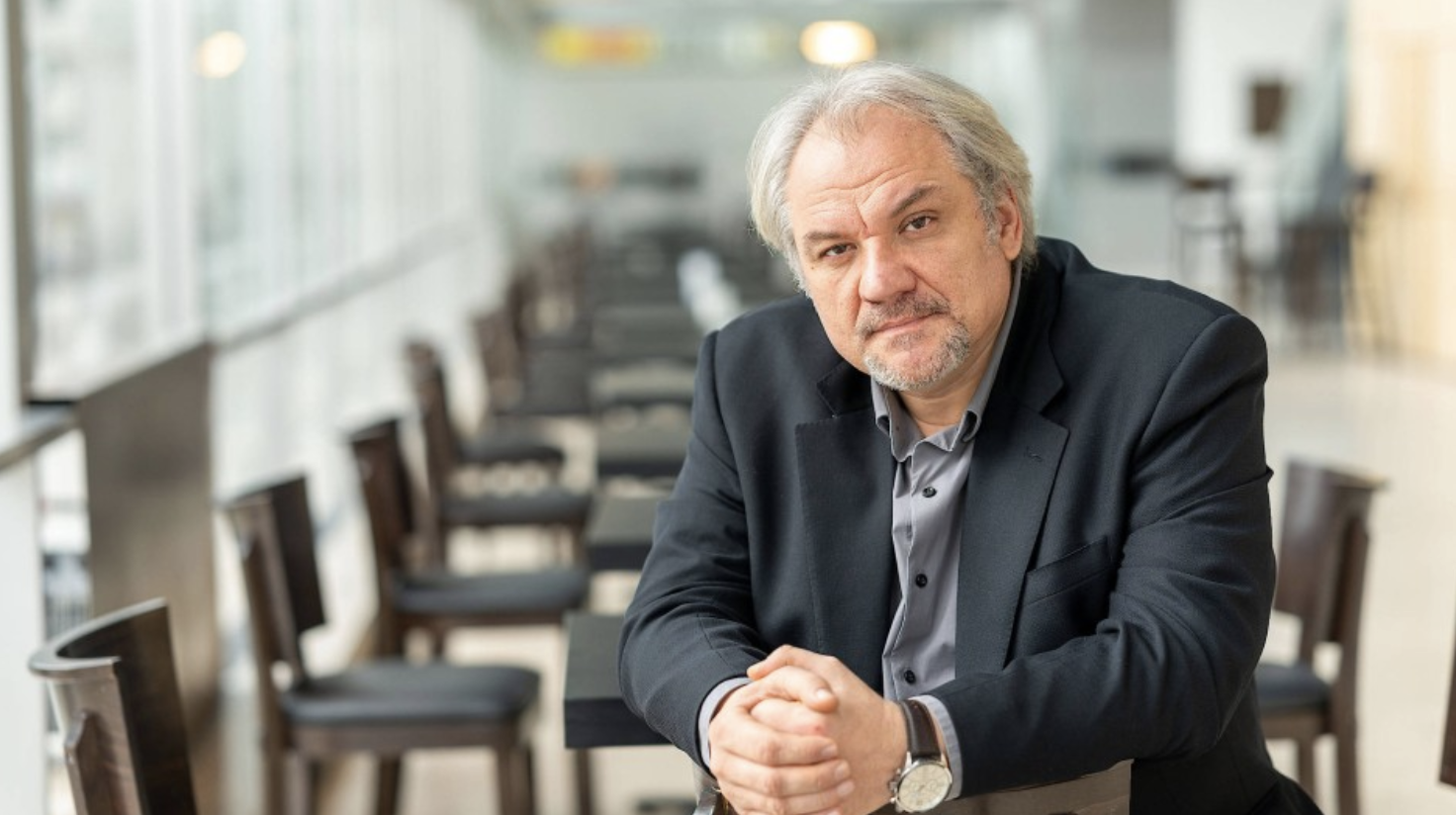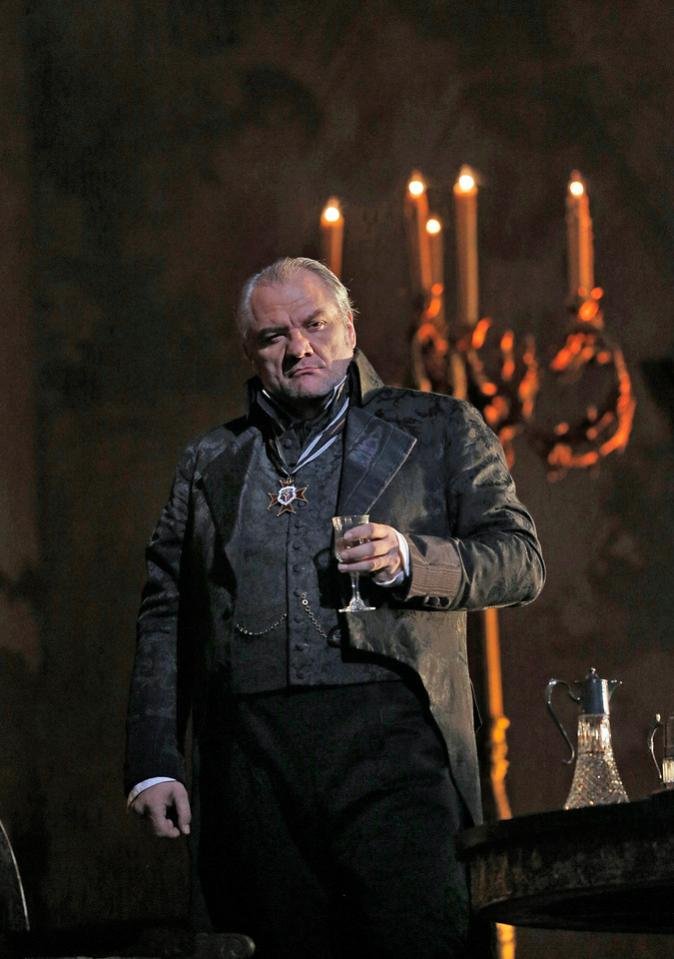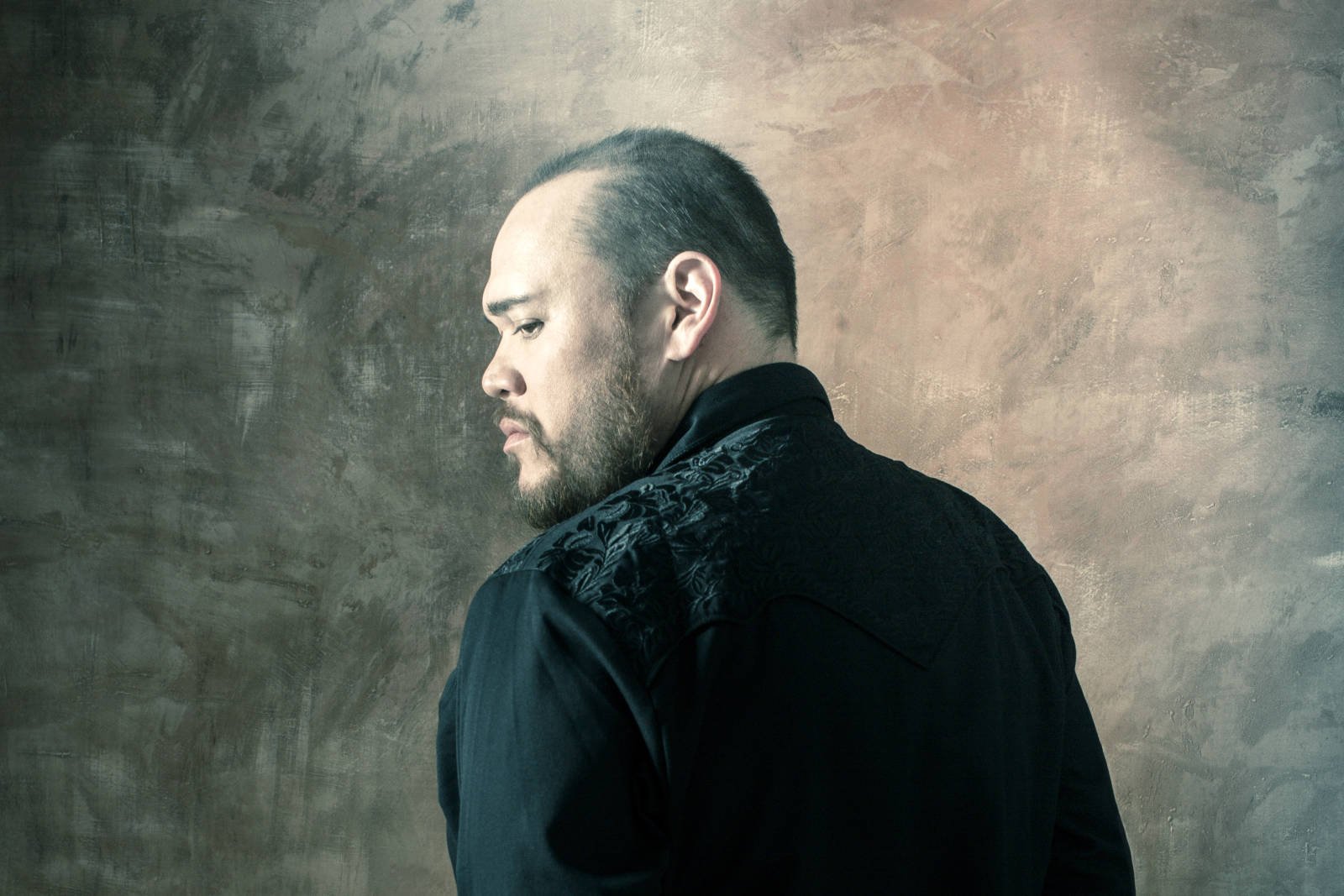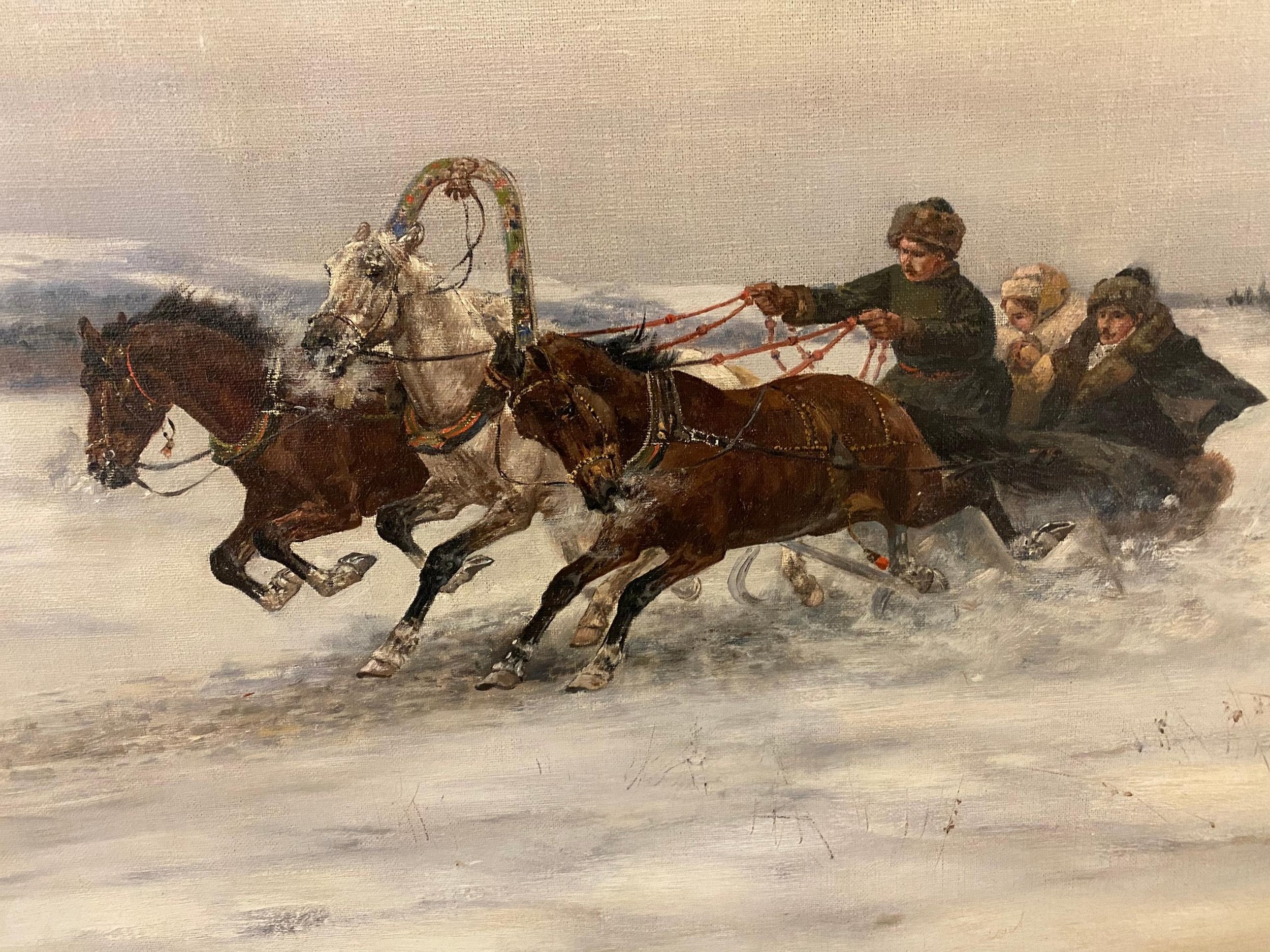An Interview With Željko Lučić
Željko Lučić
Recently, I was lucky enough to see acclaimed Verdi baritone Željko Lučić as the sadistic Baron Scarpia in Puccini’s classic thriller Tosca at the Met, and even luckier to speak with him over email some days later about his early life, operatic villains, sports, and more!
Željko was born into a musical (though untrained) family in Zrenjanin, Serbia, where he demonstrated talent for singing early on. Although he initially gravitated towards a career as a professional chorus singer, his chorus’s teacher, professional conductor Slobodan Bursać, encouraged him to aim for more.
In 1991, he started studying with “highly proclaimed mezzo Kammersängerin Biserka Cvejić,” who Željko said was “the only one I’ve studied with through all my career. She sang in the golden time of opera, back in the fifties and sixties, with the singers we still adore listening to and worship still today.” Cvejić made several leading-lady appearances at the Met, including in Aida and Samson et Dalila, and Željko’s career blossomed under her mentorship. “She taught me everything,” he said, “especially the things you mentioned in your question (legato, breath control, and lyrical approach to my singing). She was always saying ‘Sing with your voice, don’t try to fabricate it or to imitate anyone.’ So, I owe her my whole artistic life, she was the one who got me into this wonderful world of singing!!”
“Tenors and sopranos may be the most popular and recognizable,” Željko acknowledged, but he is “very convinced that the baritones have the most beautiful arias ever written in opera history!!” He’s probably best known for his work in Verdi — he’s sung 23 Verdi roles! However, he hasn’t checked off everything from his list; “There’s also 3 that I never sang and the reason is because they’ve been so rarely played that I didn’t have a chance to do it.” As it is, his repertoire represents many sides of baritonal roles, ranging from the kindly painter Marcello in La Bohème to the complex title jester in Rigoletto — one of his signature roles — to the most unsavory of villains.
Željko Lučić as Scarpia in Tosca (Ken Howard/Met Opera)
Although Scarpia is another of his signatures and he adores singing Iago in Otello, he insisted that villains are only one part of his career, saying “I wouldn’t say that singing villains is my specialty and especially not that my voice is quite adequate for it.” He also seems to have no trouble throwing off a villain’s personality offstage. “When I’m on stage singing Scarpia, I’m not acting or pretending to be him, I’m actually myself being in situation 200 years ago, behaving myself as I would in those situations in normal life. After the second act when Scarpia is no more, I’m again myself, this time in real time, behaving like all of you know me.” Indeed, his demeanor is warm and genial, as I discovered when first meeting him in 2018, after his performance as Sheriff Rance (another villain) in La Fanciulla del West at the Met in 2018. He even coached me on how to cheer when I told him that my voice had given out during the curtain call at La Bohème — my third opera in 48 hours.
Hardworking as he is, he’s not all work and no play. Željko is a fan of soccer — he rooted for Argentina at the 2022 World Cup final (so did I!) — and an even bigger fan of basketball. His favorite player is “Michael Jordan - once and for all times!! I started watching NBA because of him. In the early ’90s, Serbian television started with NBA matches and I got hooked!” Really, if Michael Jordan doesn’t hook you on basketball, who will? Two-time MVP and compatriot Nikola Jokić has said that Serbians don’t like basketball, they like to win. Is that Željko’s mentality as well? Yes and no. “Nikola is surely right, but besides winning, we like basketball too!!” He is also “quite sure that [the NBA is] the most viewed sports event even today.” Debatable, but valid!
On the future of opera, however, he’s not so certain. “There’s a bit of grey clouds in front of us hiding the clear view for the future opera world,” Željko said. The landscape is changing constantly, and the younger generation, a tough audience, is becoming more and more instrumental (wink wink) to the art’s survival. How to attract them to the opera houses, and how to ensure that opera continues to thrive for them? “Firstly, we need them to get to know the golden age and only then to introduce them to the new era,” asserted Željko. Amen - that’s me! “A lot has changed, iron repertoire is slowly disappearing from opera houses’ schedules, but this is an issue nowadays and of course, we need our beloved audience back. To maintain our spectators we have to offer quality, and only so we could hope that the young people will come to listen to us.”
Quality — that’s Željko, night after night.





